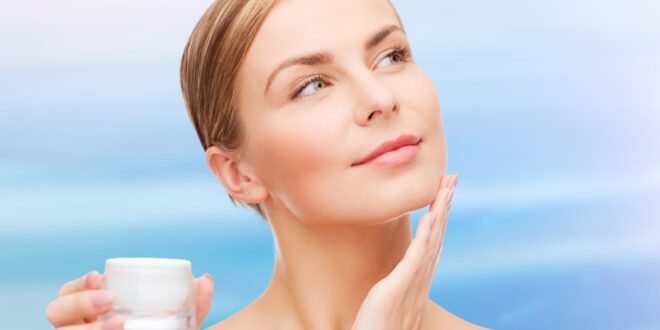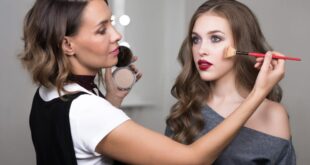The anti-aging skin care industry is booming, with new products and treatments being released all the time. With so many options available, it can be hard to know where to start. Before you begin your anti-aging skincare routine, there are a few things you should keep in mind. Join us as we go over some of the basics so that you can make sure you’re using the best products for your face.
1. Your skin type
When it comes to finding the right anti-aging skincare routine, the most important factor to consider is your skin type. There are four main skin types: normal, dry, oily, and combination.
If you have normal skin, congratulations! This is the easiest type of skin to take care of. A simple cleansing and moisturizing routine will suffice. Just be sure to use products that are suitable for your skin type and avoid those that are too harsh or drying.
Dry skin is more prone to wrinkles and fine lines, so it’s important to keep it hydrated. Look for products that contain hyaluronic acid or glycerin, which help attract and retain moisture. Avoid those with alcohol or fragrances, as they can further dry out your skin.
Oily skin can be a challenge when it comes to anti-aging because you don’t want to add more oil to your face. However, it’s important to moisturize oily skin just like any other type in order to keep it healthy and prevent premature aging. Choose light, non-greasy formulas that won’t clog your pores.
If you have combination skin, you’re a lucky duck! This means you have the best of both worlds: not too dry and not too oily. The key is to find a balance in your routine between cleansing and hydrating. Try using a gentle cleanser followed by a light, oil-free moisturizer.
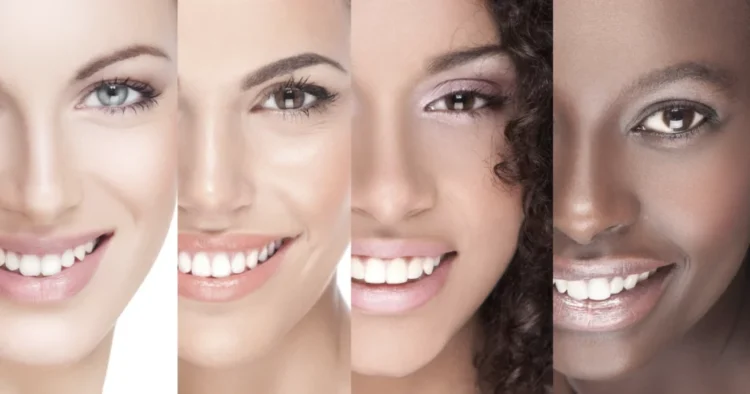
2. Your lifestyle
Another important factor to consider when choosing an anti-aging routine is your lifestyle. If you smoke or spend a lot of time in the sun, your face will age faster than someone who doesn’t.
Smoking damages collagen and elastin, which are the proteins that keep the face firm and elastic. It also decreases blood flow to the skin, which means less oxygen and nutrients are getting to your cells. All of this leads to premature wrinkles and fine lines. If you’re a smoker, quitting is the best thing you can do for your skin (and your health).
Too much sun exposure is also bad for your face. Ultraviolet (UV) rays from the sun damage collagen and elastin, causing them to break down faster. They also increase the production of free radicals, which can lead to fine lines, wrinkles, and even cancer. The best way to protect yourself from the sun is to use sunscreen every day, even when it’s cloudy outside.
3. Which ingredients to look for
There are a few key ingredients that you should look for in order to achieve the best results. Retinol, hyaluronic acid, and vitamin C are all great ingredients that can help to reduce the appearance of fine lines and wrinkles, while also providing your skin with much-needed hydration.
If you’re not sure where to start when it comes to finding products with these key ingredients, we recommend checking out Synergie Skin. No matter what your budget is, you’re sure to find something that will work for you.
4. The best time of day to apply anti-aging products
There is no definitive answer to this question as everyone’s skin is different. However, as a general rule of thumb, it is best to apply anti-aging products at night before you go to bed. This gives the products time to work their magic while you sleep, and your face will thank you for it in the morning!
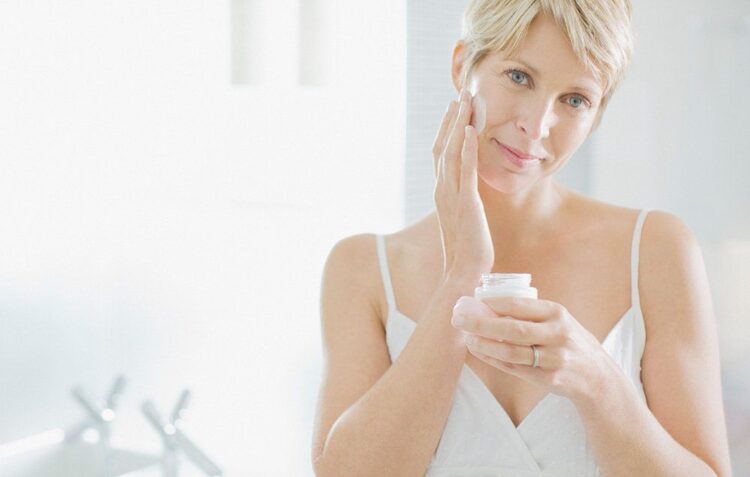
5. The order in which to apply your products
It is important to know the order in which to apply your anti-aging products in order to get the most out of them. The general guideline is to start with the lightest products and move on to the heavier ones. For example, if you are using a serum, apply it before your moisturizer.
If you are using more than one product from the same line, such as an anti-aging serum and cream, make sure to follow the recommended order of use on the packaging. In general, you should apply any serums first, followed by creams or lotions.
Finish up your routine with sunscreen, even if you’re not going outside. UV rays can penetrate glass, so it’s important to protect yourself from them even when you’re indoors.
6. How often to use them
The frequency with which you use anti-aging products will vary depending on the specific product and your own individual skin type. However, as a general rule, you should aim to use anti-aging products at least once a day.
If you are using a serum or other treatment that is specifically designed to be used sparingly, then you may only need to apply it every other day or even just once a week. However, if you are using a cream or lotion that is meant to be used more liberally, then using it once a day should be sufficient.
Of course, the most important thing is to pay attention to your face and how it responds to the products you are using. If you find that your face is looking and feeling better with more frequent use, then there is no harm in upping the frequency. Likewise, if you find that your face is becoming irritated or sensitive with daily use, then back off and give your skin a break.
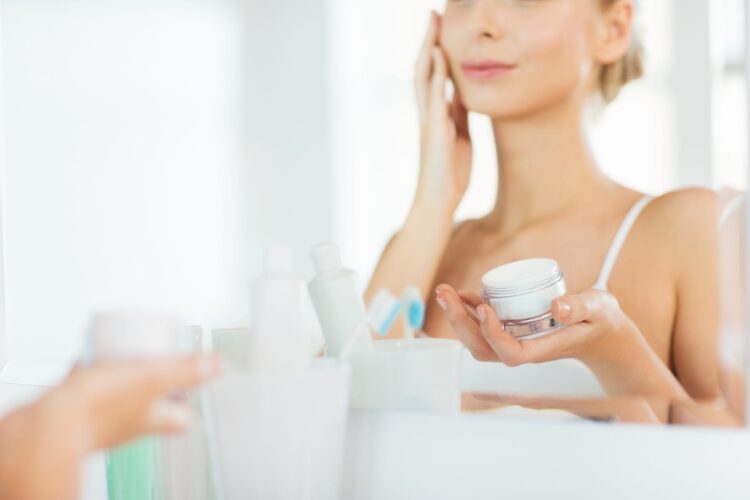
7. When to see a dermatologist
Caring for your skin is important at any age, but it becomes especially important as you start to notice the first signs of aging. That’s why it’s a good idea to consult with a dermatologist before you start using anti-aging products or treatments.
A dermatologist can help you determine which ingredients and products are best for your skin type and concerns. They can also advise you on how to use them safely and effectively.
Conclusion
As you can see, there are a few things to keep in mind before starting your anti-aging routine. But don’t let that scare you off! It can do wonders for your face, and it’s never too late to start. So go ahead and find the products that work best for you, and get started on your journey to better skin today.
 Hi Boox Popular Magazine 2024
Hi Boox Popular Magazine 2024
